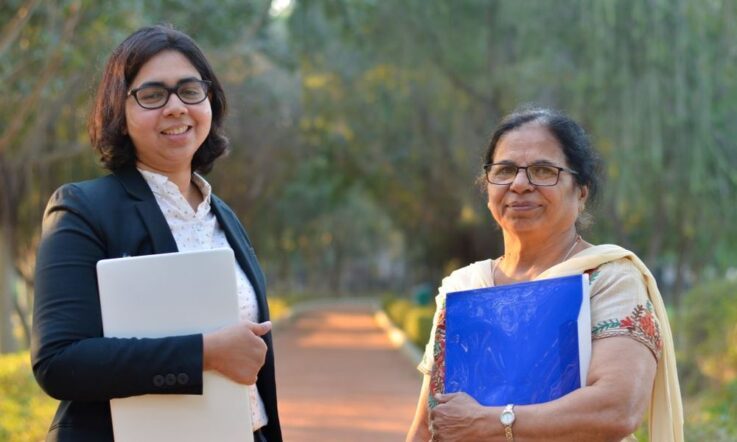Social media can be an effective learning tool for teachers. Perhaps the most common use of social media in teaching is to access ideas for lessons and platforms productive in online or remote teaching contexts.
More commonly, social media is relegated to relaxation or entertainment and is often not considered a ‘serious’ form of professional development. However, if used diligently, social media platforms can provide a ‘second education’ with valuable insights and deep learning.
This article explores techniques for professional development through social media and common pitfalls to avoid while using them.
Defining social media
For the purpose of this article, we shall use the Merriam Webster dictionary definition which defines social media as ‘forms of electronic communication (such as websites for social networking and microblogging) through which users create online communities to share information, ideas, personal messages, and other content (such as videos).’
Useful techniques for professional development
Be deliberate
As the famous adage goes, failing to plan is planning to fail. As with all self-directed learning, having a format or schedule is a good way to keep oneself on track. James Clear, in his book Atomic Habits, says that an easy way to develop a habit is to select a regular time and place for it: ‘It’s easier to wake up knowing "I exercise at 4pm" than to decide each time when to fit a habit into your day.’
Build your network
The world is full of inspiring and motivated people from whom we can all learn. Following social media accounts and building a network of individuals who write or speak about subjects that interest you are useful exercises. Many social media platforms enable users to use hashtags (#) for specific topics and therefore, searching for hashtags is a good starting point for learning. Often, following one hashtag or account opens a world of possibilities.
Curate your own curriculum
‘Your learning is personal to you. And the good news is, your development is no longer dependent on other people,’ says Sarah Ellis in this TedX Talk with Helen Tupper. They are authors of the book The Squiggly Career that effectively captures the world of work today.
- In order to curate your own curriculum, whether you are learning by reading books and blogs, or listening to podcasts, the ability to access and retrieve information is important. But knowledge management is as difficult as it is important.
- There are many platforms such as Evernote, Coggle (for visuals and mind maps), and OneNote that can help to store social media content for easy access and retrieval. This could be an iterative system that evolves and changes but will ensure that you are able to curate a curriculum and collection of your own learning.
Share your learning
‘If you have knowledge, let others light their candles in it,’ said Margaret Fuller. With respect to professional development, this can be in the form of a blog, webinar/seminar, or a newsletter.
It is widely acknowledged that learning is deeper and lasts longer when students teach or coach their peers. As teachers, we should practise the same approach. Simply put, when learning something, it is a good idea to ask the question: How can I share this with others?
Edit your beliefs
As with any learning, having an open mind and intellectual humility are essential to make the most of social media. When presented with new thoughts and ideas, it is a good idea to hold your own to the scrutiny of empirical evidence and be willing to change your beliefs.
Common pitfalls to avoid
Beware of the scroll-hole
Social media is so vast and all-encompassing, it can be a trap that takes you down the proverbial rabbit hole of information. This is why a plan or schedule, or perhaps even a time-based approach is important. Without that, the lure of social media is one that can lead to unproductive scrolling.
You will never know everything
Given the sheer volume of information available at one’s fingertips, it can be quite demotivating to find out how little you actually know! On the other hand however, this can lead to curiosity and more learning, unleashing a virtuous cycle instead.
Beware of the echo chamber
It is common for us to follow or learn from those we agree with so as to reinforce our own opinions. This can become a cognitive trap that deters rather than enhances learning. While being selective and careful, it is a good idea to conduct audits on a regular basis of the resources, accounts, and individuals that help you learn. This practice ensures you are not in an echo chamber.
Social media offers exciting, relevant, and variegated avenues that enable lifelong learning. Following simple key principles can enhance user experience and ensure that social media turns into a valuable avenue for professional development.



